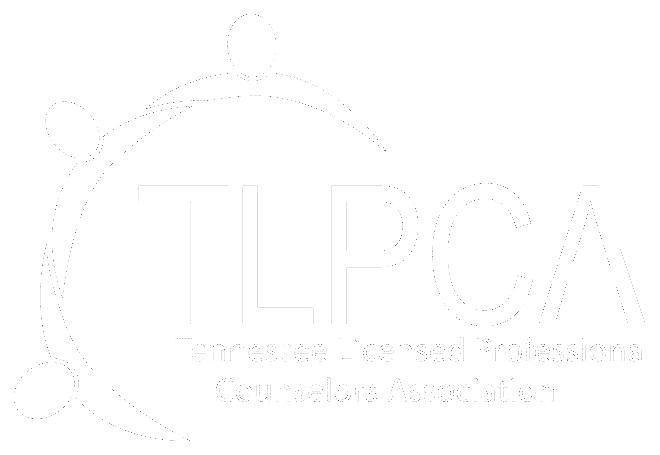TLPCA Counseling and Therapy Summit
Pre-Conferences

Friday, May 29
9 to 12 pm
- Supervision – Boone Center
- Suicide – Wakefield Auditorium
- Wellness – Quick Lecture Hall
1:30 to 4:30 pm
- Ethics – Boone Center
- Trauma – Wakefield Auditorium
- Advocacy & Leadership – Quick Lecture Hall

